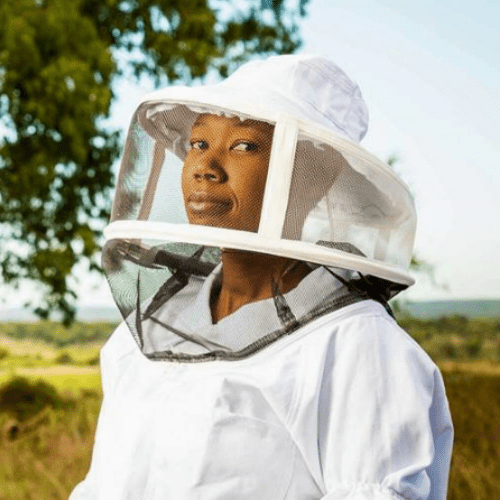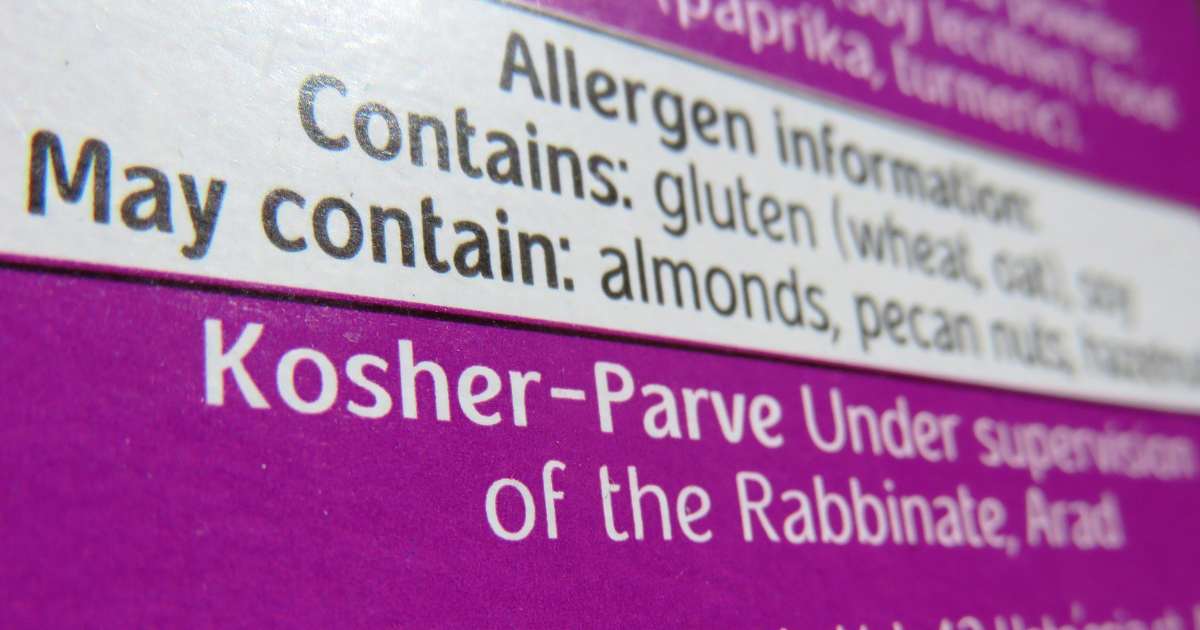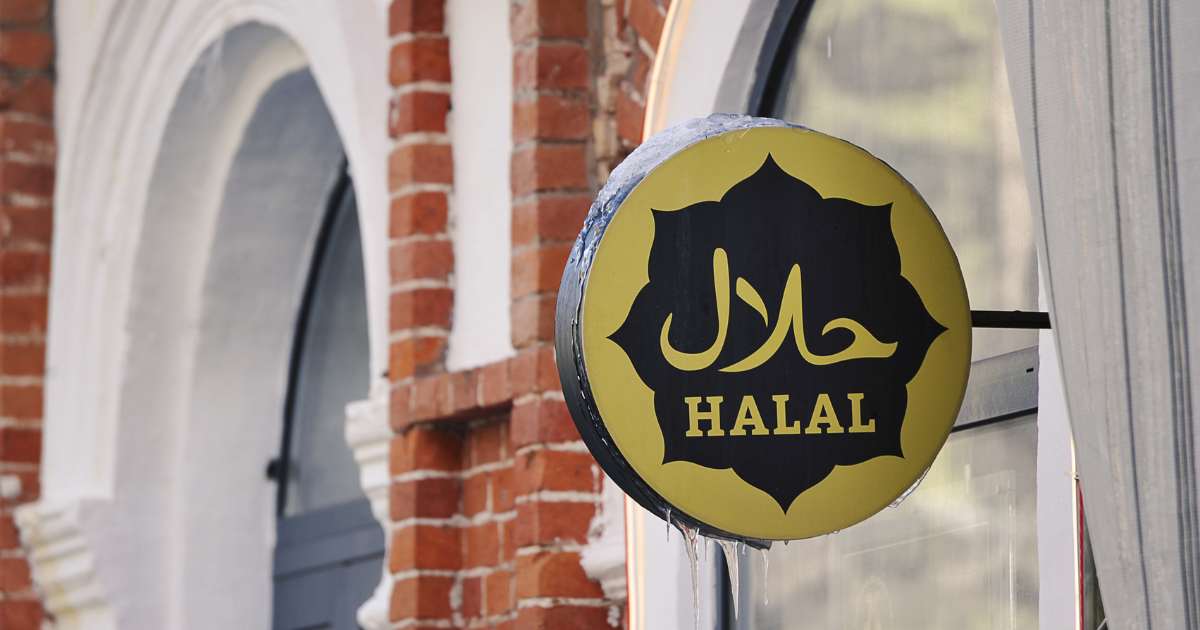
“Native Nosi has to be the biggest female beekeeping company in SA and it will, I’m just giving myself 10 to 20 years to get it right, it may be sooner, it may be slightly later, but it’s something I’m working on and I continue to aspire for as long as I live,” says Mokgadi Mabela.
Mabela is a third-generation farmer and owner of Polokwane-based black and female-owned beekeeping farm, Native Nosi, and she is ready to shake up South Africa’s honey industry.
“The industry leaders in beekeeping are not black, they are not young, they are not female, so it’s important for me to keep [Native Nosi] that way.”
Launched in 2015, Native Nosi produces local and organic honey. Their honey is currently being sold on their e-commerce website, they also distribute to a number of small stores like Selina’s Food Store located in Greenside, Johannesburg.
Not your typical farmer
In an effort to bring about change, Mabela has not been afraid to bring innovative ideas to farming. An example of this is how she funded Native Nosi. Mabela raised funds for the farm through crowdfunding, which is still a relatively new fundraising method in South Africa.
They have raised capital on two occasions on the People’s Fund platform. In 2015 they raised R52 000 for machinery and equipment, in 2017, investors got the opportunity to own their own beehive. Native Nosi backers are rewarded a net R32.40 for every kilogram of honey harvested annually for six years from hives they have funded. The expected annual return is 16%.
She is also proving that it’s possible to do good and do well with her business model. They are helping rural beekeepers gain access to the urban market for their product.
“Once you get going, [the beekeeping industry] can be very lucrative because the honey is trading at bulk price between R60 and R80 a kilo so when you have a 20kg bucket you have about R2000 in your pocket.
Mabela studied towards a BA in political science at the University of Pretoria. As a student she helped to sell her father’s honey. After graduating, Mabela joined the national human settlements department before leaving to join her father in the beekeeping business with her own farm in 2015.
Today her goal for Native Nosi is not only to manage between 5000 and 10 000 hives, but to remain a primarily black and female majority-owned company.
It’s not a solution to always leave because you need to make it evident that it doesn’t matter what [happens,] you’re here to stay
Changing the bee industry – Mabela tells SME South Africa more about her journey as a beekeeper, from her small beginnings and her challenges to reaching her goals.
Building a Legacy
For me I’m carrying the responsibility of [continuing a] legacy because of that I feel the craft is bigger than me.
All in the family
It’s been very advantageous to come from a background of beekeeping that even though I’m only learning now at least I have a reliable source who can talk me through and help me to get to the next level whenever I have a challenge.
Gaining formal knowledge
When I started having my own beehive in Gauteng, I realised that I wanted to go on a short beekeeping course to formalise my knowledge of how beekeeping works.
So I went on a beekeeping course that was offered by Mike Miles, he’s the current chairperson of the SA beekeeping organisation which is the regulator of the bee industry in South Africa.
I do things differently than other farmers
Because I’m a small scale beekeeper I don’t think I’m as the white male beekeepers which normally dominate the industry in SA. On the practical side I’m doing [things] traditionally, but my approach to beekeeping I’m maximizing on social media and current trends.
Beekeeping is capital intensive as well so you can imagine for someone with my background I didn’t have the money to start, that’s why I had to be creative to use the people to help me start the business
Young farmers are needed
The industry needs a lot of young vibrant farmers because as you might know the bee population is declining and we need to address this by having more beekeepers in practice.
A lack of capital forced me to be creative
Beekeeping is capital intensive so you can imagine for someone with my background. I didn’t have the money to start, that’s why I had to be creative to use people to help me start the business.
For example one beehive is going to cost you anything between R800 and R1200 at this present moment, can you imagine someone who is in the rural areas and wants to take part in beekeeping? If you don’t have somebody who is working and is in a position to help you, it might be very difficult to get started and get going even with one beehive.
My ultimate goal is to supply to major retailers
We are now working on getting accredited, working on getting our certificate so we can package from our own premises. If you bottle the honey and you’ve put a label on it, you have created value. When selling it in bulk you haven’t added any value to the product and therefore your income is limited.
That’s what I’m learning now and hopefully by the end of the year we will be supplying to at least one retailer so that we can be able to have a consistent client who we supply to at a larger scale and who will be able to secure our income and help us to grow in that regard.





